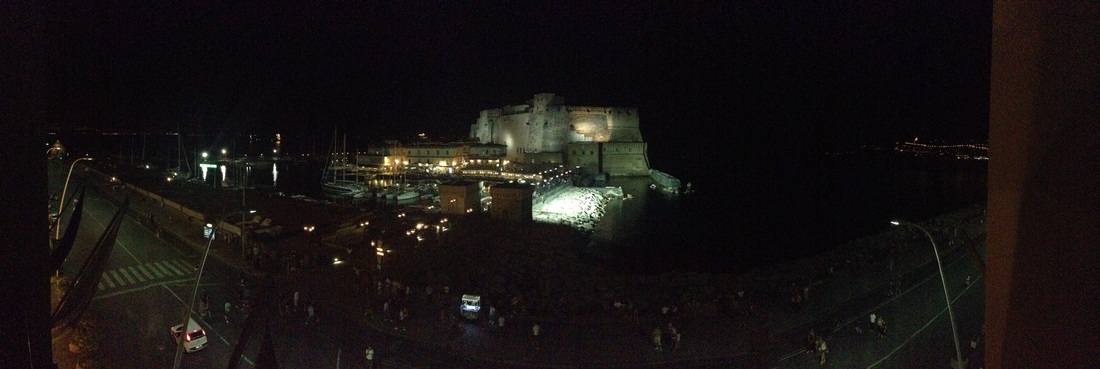WHEN the politically dodgy Filippo Tommaso Marinetti challenged the world with his Futurist manifesto in French paper Le Figaro in 1909 he gave tour guides a right dig.
As quoted in Will Gomperz's superb book with the longest title, What are you looking at? 150 Years of Modern Art in the Blink of an Eye, he quotes part of the ranting prologue to Marinetti's manifesto.
'It is from Italy that we hurl at the world this utterly violent, inflammatory manifesto of ours, with which we are founding Futurism, because we wish to free our country from the stinking canker of its professors, archaeologists, tour guides and antiquarians.'
Futurism is all about getting rid of the past you see, melding mankind with machine in an age of speed and steel.
The violence inherent in Marinetti's credo of mechanised humanity influenced the growth of Fascism with point 9: 'We wish to glorify war - the sole cleanser of the world - militarism, patriotism, the destructive act of liberation, beautiful ideas worth dying for, and scorn for women.'
So not just tour guides get it then, but half the human race.
It was a lunatic, childish manifesto all round.
But if you can separate out the shouty posturing of mad Marinetti in particular then Furturism did occasionally produce superb art such as Boccioni's States of Mind paintings in 1911.
As quoted in Will Gomperz's superb book with the longest title, What are you looking at? 150 Years of Modern Art in the Blink of an Eye, he quotes part of the ranting prologue to Marinetti's manifesto.
'It is from Italy that we hurl at the world this utterly violent, inflammatory manifesto of ours, with which we are founding Futurism, because we wish to free our country from the stinking canker of its professors, archaeologists, tour guides and antiquarians.'
Futurism is all about getting rid of the past you see, melding mankind with machine in an age of speed and steel.
The violence inherent in Marinetti's credo of mechanised humanity influenced the growth of Fascism with point 9: 'We wish to glorify war - the sole cleanser of the world - militarism, patriotism, the destructive act of liberation, beautiful ideas worth dying for, and scorn for women.'
So not just tour guides get it then, but half the human race.
It was a lunatic, childish manifesto all round.
But if you can separate out the shouty posturing of mad Marinetti in particular then Furturism did occasionally produce superb art such as Boccioni's States of Mind paintings in 1911.








 RSS Feed
RSS Feed